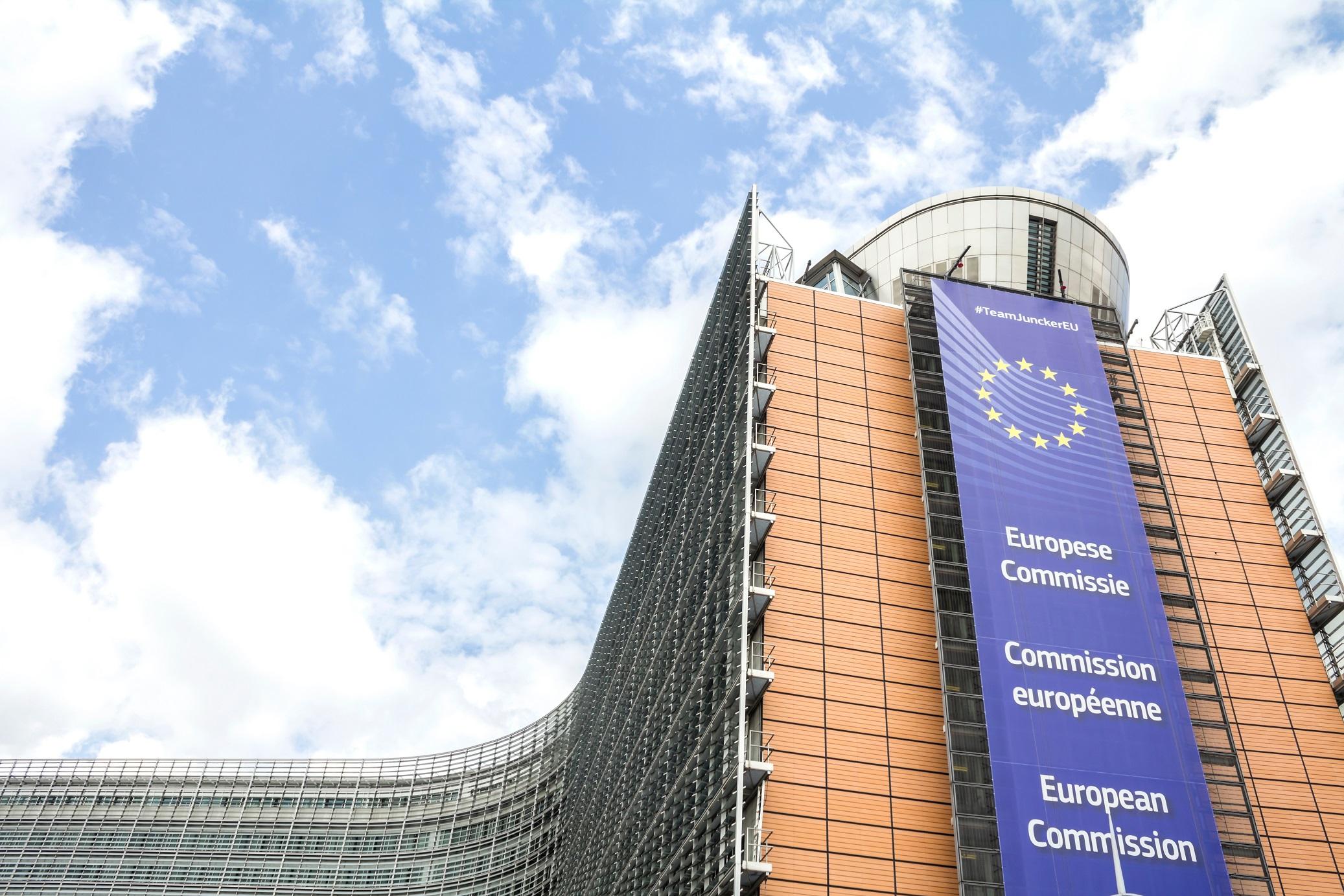Towards the 2022 Spring Package in the European Semester
Published:
In November 2021, the European Commission opened the 2022 European Semester. The priorities set by the Recovery and Resilience Facility (RRF) overlay the Semester and, with it, the education sector: in the current cycle, the European Semester resumes its broad economic and employment policy coordination, adapting in line with the implementation requirements of the RRF. The Annual Sustainable Growth Survey (ASGS), along with the Joint Employment Report (JER), launched this year's cycle, confirming the shift of economic policy coordination from dealing with the COVID crisis to preparing for a recovery and stronger resilience built on change and inclusion.
The next steps: in April 2022, the Member States will submit their national reform and stability and convergence programmes; in May 2022, the European Commission’s Country Reports will provide an overview of the economic and social developments, including an assessment of progress on the implementation of the European Pillar of Social Rights (EPSR). Then, the European Commission will propose Country-Specific Recommendations (CSRs), requiring specific policy actions in the key issues identified in the reports. This set of initiatives makes up the Spring Package which ETUCE is monitoring.
On 10 March, the European Parliament rejected the draft report on the Employment and Social Aspects in the ASGS 2022. The rejection was based on the grounds that the assessment lacked consistent elements of rethinking fiscal rules at a time when the impact of the pandemic is compounded by the impact of the war in the Ukraine. ETUCE welcomes Parliament’s attention to social reality and hopes for a more consistent application of the European Pillar of Social Rights (EPSR) within the Spring Package, prioritising the fight against poverty and social exclusion, adopting the Directive on minimum wages, and focusing on social priorities in education.
On 15 March, the Council Conclusions endorsed the Commission’s proposal, highlighting the crucial importance of achieving the 2030 EU targets on employment, skills and poverty reduction. Welcoming the attention for “high-quality and effective social dialogue”, ETUCE supports the call “to systematically involve social partners in a timely and meaningful manner at all stages of the European Semester”. ETUCE regrets that Education is only related to “well-designed and effective labour market policies”: improving learning outcomes is a way to boost a fair knowledge-based society in which long-term public investments are strengthened. Supporting the indications to enhance gender equality, safe working environments, work-life-balance and right to disconnect, ETUCE hopes that these conclusions will lead to more public investment in Education and concrete measures for inclusion and social justice.
ETUCE will address specific demands to the European Commission: promoting collective bargaining and social dialogue as a golden rule, especially in the implementation process of the RRF in Education; reducing inequalities in Education through the expanded access for disadvantaged groups; preventing early school leaving; investing in reskilling and upskilling, through incentives to workers, investment in eco-efficient infrastructures and digital equipment, without encouraging commodification; boosting digital competences; providing all young people at risk of poverty or social exclusion with free effective access to healthcare, education and training, healthy nutrition and adequate housing.